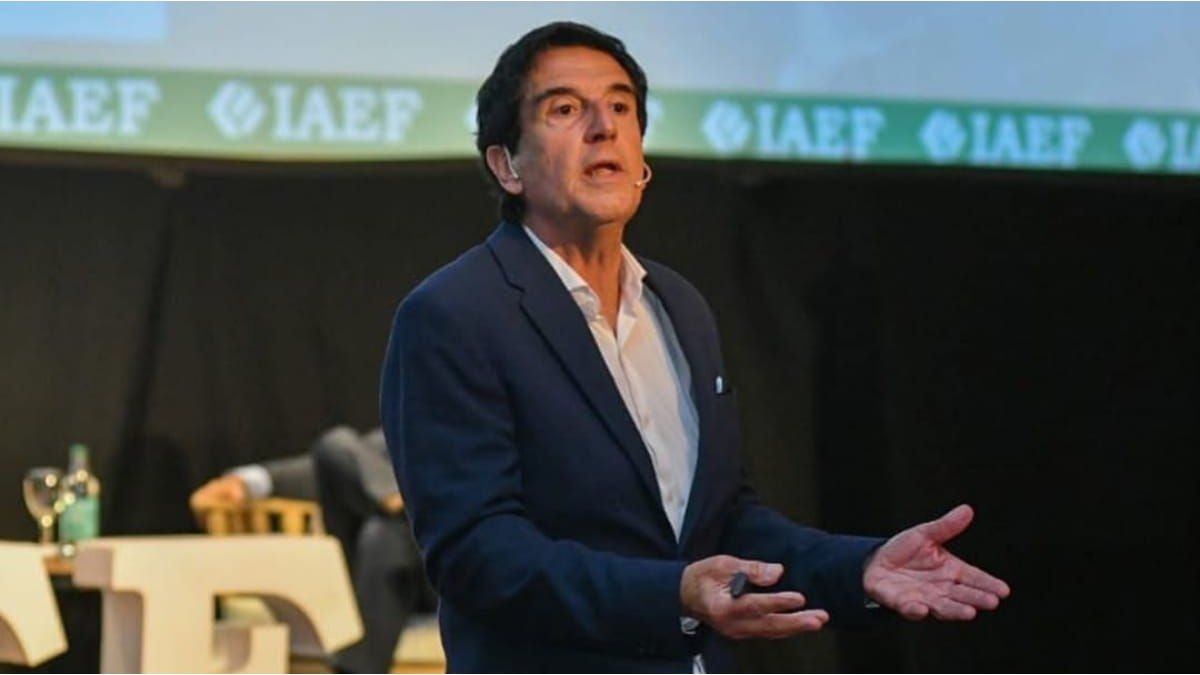The negotiators did not disclose the content for the time being, but some details have already made the rounds in the media. In any case, the pricing of the CO2 emissions is fixed. This is to take place from the beginning of next year and complement the existing European emissions trading system, which currently only covers a third of domestic emissions. In future, the national measures should also cover the other two thirds that go beyond emissions from industry and energy generation.
Video: At the heart of the reform is the greening of the tax system – including a climate bonus for those who are particularly environmentally friendly.
This video is disabled
Please activate the categories Performance cookies and Functional cookies in your cookie settings to display this element. My cookie settings
The only question is how high the CO2 pricing will be. The daily newspaper “sterreich” speculated with a CO2 price of 35 euros per ton. The end of the diesel privilege should also come. In return, there should be a “climate bonus” for households – according to information from the APA, this is one of the points that is still being haggled over. According to reports, the Greens want all households to receive such a “kobonus”, the VP apparently only wants it for those who also pay wage and income tax, was rumored from negotiating circles.
According to media reports, the government is expecting an impressive five billion euros from the CO2 price in the next four years. This is expected to raise around 800 million euros in 2022. The price is then to rise gradually, because the expected tax revenue per year under the heading “CO2” is expected to increase by up to 1.8 billion euros annually in 2025.
However, the announced lowering of the wage and income tax rate levels could come as a surprise. As the “Kronen Zeitung” quotes from a “negotiation paper” in its Saturday edition, tax brackets two and three should not – as announced – be reduced, but the lowest two. According to this, the basic tax rate, which applies to annual incomes of EUR 11,000 or more, would again fall from 20 to 15 percent, and the second tax bracket from 35 to 30 percent. This measure would cost three and a half billion euros in 2023 alone. The first tariff level had already been reduced from 25 to 20 percent in the previous year in anticipation of the tax reform. In addition, the family bonus is to be increased from a current maximum of 1,500 euros per child to 1,750 euros.
Austria as a “future-oriented location”
The “negotiation paper” also mentions a fund for investments in a “future-oriented location”, from climate protection to education. According to a draft law, the Turkish Finance Minister Gernot Blmel (VP) and not Environment Minister Leonore Gewessler (Grne) should dispose of this. As anchored in the government program, companies can hope for a reduction in corporate income tax (KSt). This is to be gradually reduced from 25 to 21 percent. According to the “Salzburger Nachrichten”, the main focus on this point is the implementation schedule.
Should the agreement be reached in Blde, there would be enough time to incorporate the details into the new budget – on October 13, Blmel will give his budget speech in the National Council. In addition to chief negotiators Blmel and Vice Chancellor Werner Kogler (Greens), Federal Chancellor Sebastian Kurz (VP) is now also closely involved in the negotiations.
SP criticism: “Zero euros more for care”
In any case, the SP disliked the details of the tax reform that were circulating. Above all, the Social Democrats missed the funds for care: “Zero euros more for care, 1.5 billion euros more for the largest corporations – VP and Greens show what is important to them with their budget,” criticized budget spokesman Jan Krainer . The fact that no additional funds are provided for care in the budget “is a slap in the face of the families”, criticized SP leader Pamela Rendi-Wagner, who called for a “major care offensive” and “an additional care billion per year”. Federal managing director Christian Deutsch, who identified the “government’s ice cold cast in figures” in the plans, also took the same line. And the SP pensioners’ association is also demanding more funds for care.




